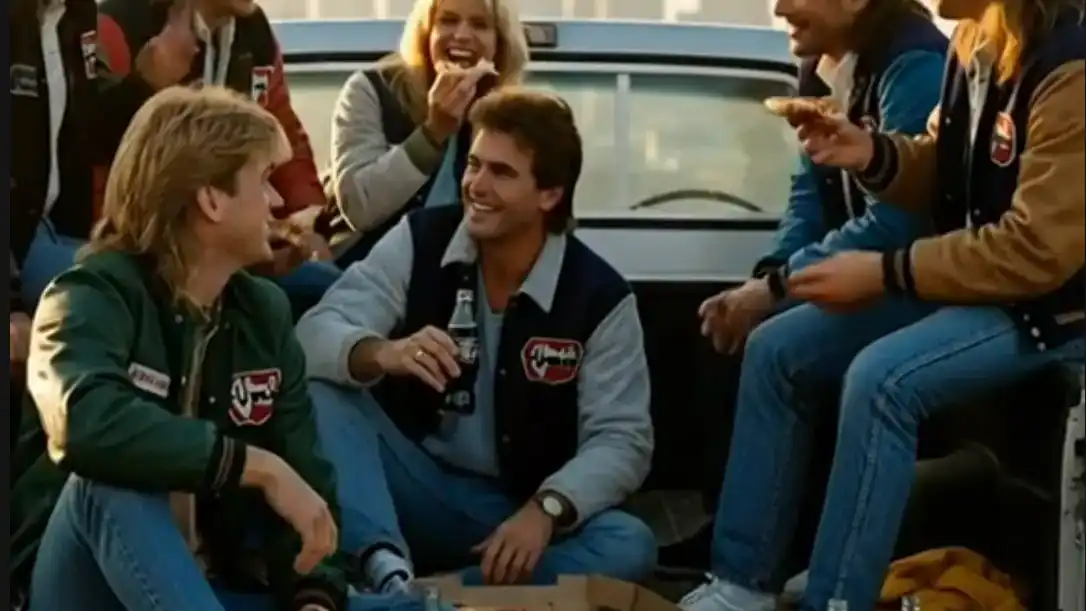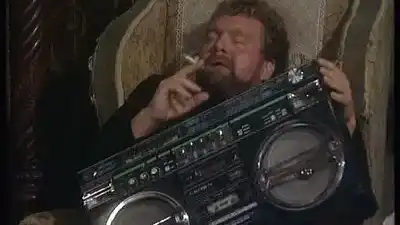- cross-posted to:
- technology@lemmy.world
- cross-posted to:
- technology@lemmy.world
cross-posted from: https://pawb.social/post/30428008
Archive: https://archive.is/Lv4Xx
I don’t know man, the 90s were lit. I could do dope shit with my homies with absolutely no worries about videos or pictures. Gas was .89 a gallon, and I had a car that did wicked burnouts. You could smoke in the mall and we all wore giant pants you could fit a 40 in the pockets. Life was grand lol.
Please burn it all now.
I’m sure there has to be a point where we get stuck in an infinite loop with all of this AI generated crap getting trained by AI generated crap.
I’m hoping this is what breaks this fucked up world. It has to be. Just passing off our entire infrastructure and electric grid to AI so companies can fire more workers and make some more profit.
This shit is going to implode eventually. Just hope I live long enough to see it.
TIL the 80’s only had white people.
That is not true. The 80’s needed black people for the jive.
Jheri curls and boomboxes are back baby! That’s the primary black contribution according to revisionists.
Shiiit, I would kill to have back my old Magnavox ghetto blaster with Bluetooth connectivity.
I know, right!
Nah. The rest of us were all on crack and dieing of aids. (Even though white ppl are the most likely to do crack and take intravenous drugs)
What a fuckin headline
Look in my face, step in my soul, I begin to BOOMERFY!! WHUAAH!!!
Erase & Rewind: The Politics of Nostalgia & its Ethical Implications
By politicizing nostalgia, politicians sow seeds of fantasy among their citizens—visions that may never reach the hoped-for fruition.
A conventional starting point is the derivation of the English word “nostalgia” from Greek words nos-tos meaning “return” and algos “pain.” Viewed in the modern-day context, it becomes a metaphorical “longing for a home that no longer exists” or, worse yet, one that never even existed. Sociologists Georg Stauth and Bryan S. Turner, in their work Nietzsche’s Dance, define nostalgia as a longing for a “golden age of heroic virtue, moral coherence, and ethical certainty—a time when there was no disparity between virtue and action, words and reality, or function and being.” The acute danger of this sentiment is that it can confuse and conflate one’s actual home with an imaginary one, thus creating a phantom of a past.






